Alright, snack lovers, buckle up for a wild ride through the world of American munchies! Brace yourselves because we're about to unveil some ingredients that might make you do a double-take on your favorite treats. While Americans happily chomp down on their beloved snacks, our European Union (EU) pals are banning certain ingredients faster than you can say "snack attack." Let's dish out 18 common ingredients found in American snacks that are giving the EU some serious pause.
High-Fructose Corn Syrup (HFCS)
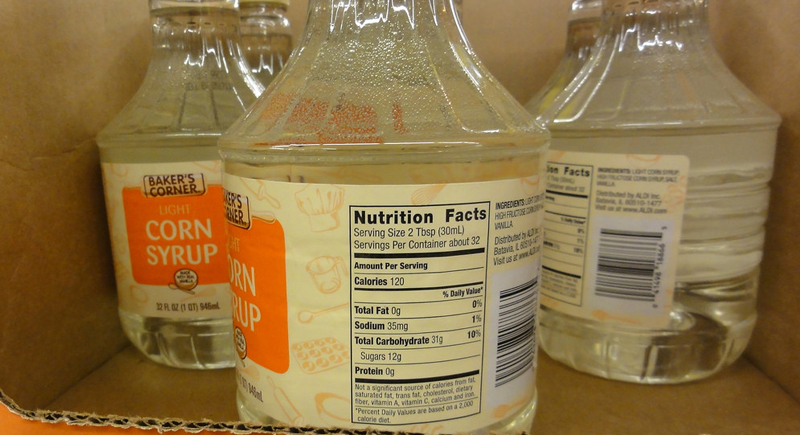
Credit: flickr
This sweetener, derived from corn, is a staple in many American snacks, but it's primarily avoided in the EU due to concerns about its impact on health. Studies have linked excessive HFCS consumption to obesity, diabetes, and other health issues. It may be time to rethink that soda addiction.
Azodicarbonamide

Credit: pexels
Ever wonder what makes your bread so fluffy? Azodicarbonamide might be the culprit, but it's banned in the EU due to its potential link to respiratory issues. In addition to its use in baked goods, this chemical is also found in yoga mats and shoe soles. Say goodbye to that airy texture, EU style!
Brominated Vegetable Oil (BVO)
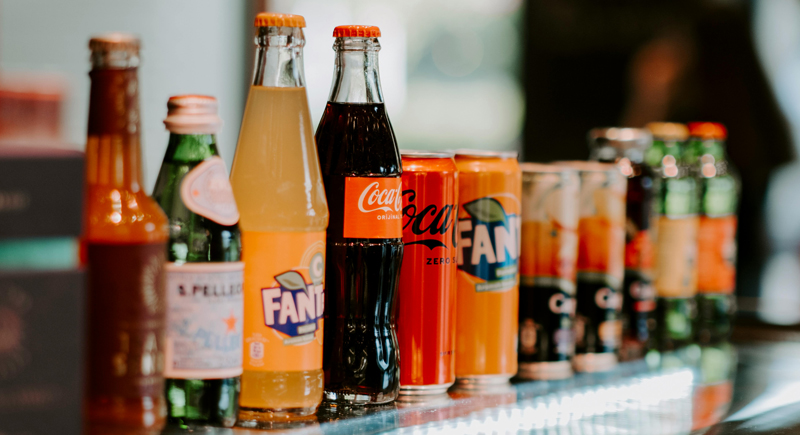
Credit: pexels
This additive is used to keep citrus-flavored sodas from separating, but it's banned in the EU due to concerns about its potential toxicity. Long-term consumption of BVO has been associated with thyroid problems and organ damage. Looks like they'll be shaking up their drinks the old-fashioned way.
Artificial Food Dyes

Credit: Wikimedia Commons
Those vibrant colors in your favorite candies and snacks? EU isn't impressed. Artificial food dyes are associated with hyperactivity in children, prompting the EU to opt for natural alternatives. Some synthetic dyes have also been linked to allergic reactions and behavioral issues in sensitive individuals. Time to taste the rainbow, but with natural colors only!
Potassium Bromate

Credit: pexels
This additive, used to strengthen the dough and improve its elasticity, is prohibited in the EU due to its potential carcinogenic properties. Studies have shown that potassium bromate can cause tumors in animals and may be harmful to humans if consumed in large amounts. We prefer our bread without a side of possible cancer; thank you very much.
Butylated Hydroxyanisole (BHA)

Credit: freepik
While commonly used as a preservative to extend shelf life, BHA is banned in the EU due to its potential carcinogenic properties. In addition to its use in food, BHA is also found in cosmetics and pharmaceuticals. They're better off sticking to fresher options.
Butylated Hydroxytoluene (BHT)
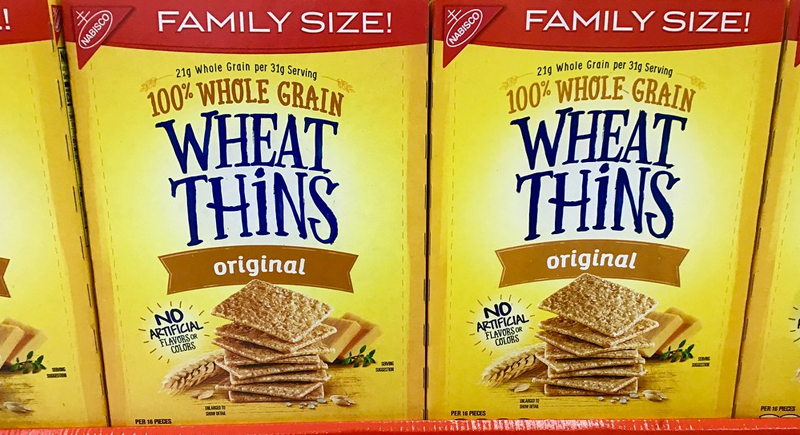
Credit: flickr
Another preservative bites the dust in the EU. BHT is linked to health concerns, including cancer, prompting the EU to exclude it from their snacks. Despite its widespread use in the US, BHT is subject to strict regulations in many other countries.
Olestra/Olean

Credit: pexels
Ever indulge in fat-free chips? Well, the EU has banned this fat substitute due to its reputation for causing gastrointestinal issues. Olestra can cause abdominal cramping, diarrhea, and other digestive problems in some people. It looks like they'll stick to good ol' regular chips.
Ractopamine

Credit: freepik
This feed additive might make meat leaner, but it's raising some eyebrows in the EU due to concerns about its impact on animal welfare and human health. Ractopamine has been banned in over 160 countries, including the EU and China, due to safety concerns. They'll pass on the pumped-up pork, thanks.
Genetically Modified Organisms (GMOs)
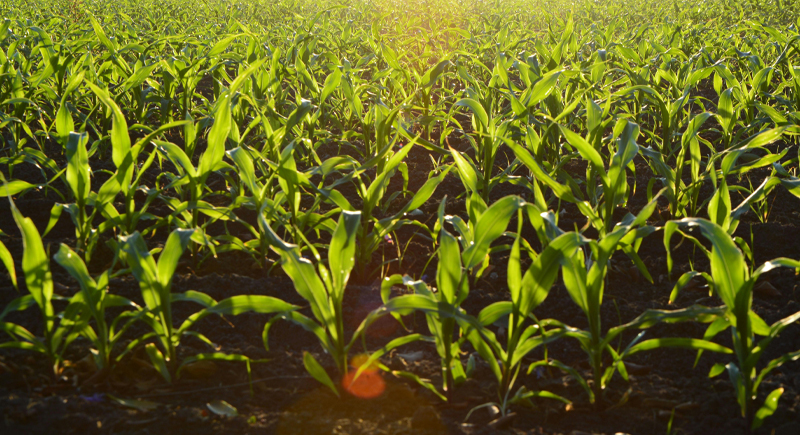
Credit: pexels
While GMO crops are common in the US, the EU has strict regulations or outright bans on many of them due to concerns about their environmental impact and potential health risks. Despite widespread scientific consensus on the safety of GMOs, public perception remains divided.
Diacetyl

Credit: pexels
Love that buttery flavor in your microwave popcorn? EU says it's a no-go due to its association with a lung disease called "popcorn lung." Diacetyl exposure has been linked to bronchiolitis obliterans, a severe respiratory condition found in workers at microwave popcorn plants. Onto another movie night snack then.
Brominated Flour
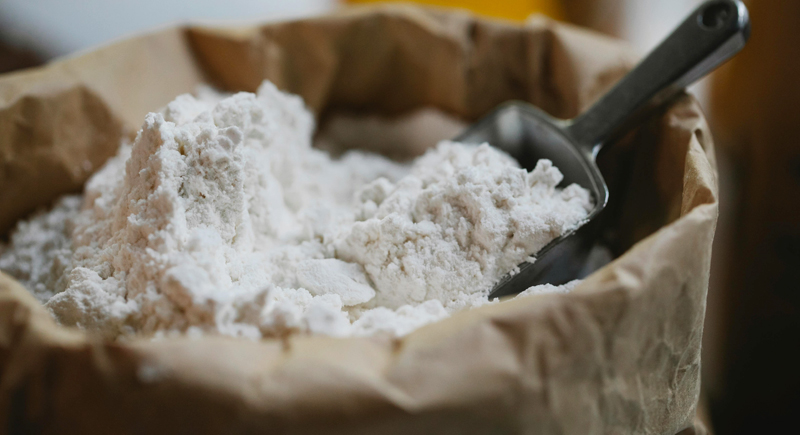
Credit: pexels
Say goodbye to that perfectly fluffy texture in your EU-style baked goods. Brominated flour is banned due to concerns about its potential health risks. In addition to its use in bread, brominated flour is also found in some pastries and cakes. Looks like they'll have to find another way to get their bake on.
rBGH/rBST

Credit: freepik
These growth hormones might beef up your dairy products, but the EU opts for hormone-free options due to issues about their impact on animal welfare and human health. Despite FDA approval, the use of rBGH/rBST remains controversial due to ethical and health-related concerns. It pays to keep it natural in the dairy aisle.
Pesticides

Credit: freepik
While not an ingredient per se, the EU has much stricter regulations on pesticide residue levels in food than the United States. Pesticide exposure has been correlated to a range of health issues that include cancer, neurological disorders, and reproductive problems. There's nothing wrong with keeping snacks pesticide-free.
Arsenic
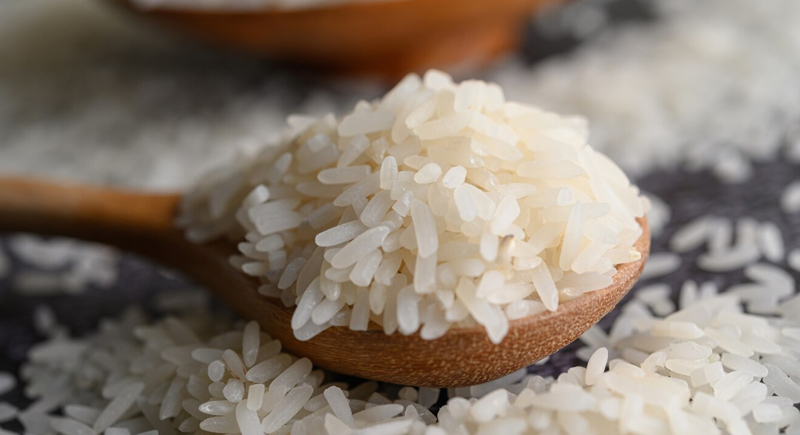
Yes, you read that right. The EU has regulations on arsenic levels in rice, a common snack ingredient. Chronic exposure to arsenic has been connected to various health problems, from cancer to cardiovascular disease and diabetes. Keeping rice snacks without arsenic is the way to go!
Sodium Nitrite/Nitrate

Credit: pexels
Do you love the pink color in your processed meats? The EU isn't convinced it's worth the risk of potential health issues, including cancer. Sodium nitrite/nitrate reacts with amino acids in meat to form nitrosamines, carcinogenic compounds. So, it's best to stick to more natural hues.
Partially Hydrogenated Oils (Trans Fats)
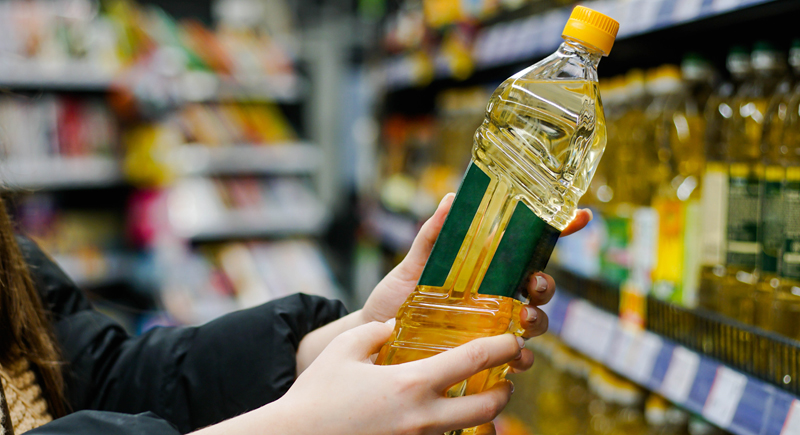
Credit: iStockphoto
These bad boys might give snacks that satisfying crunch, but they're a big no-no in the EU due to their links to heart disease. Trans fats raise LDL cholesterol levels and increase the risk of coronary heart disease. Better to crunch on something healthier.
Growth Promoters in Meat
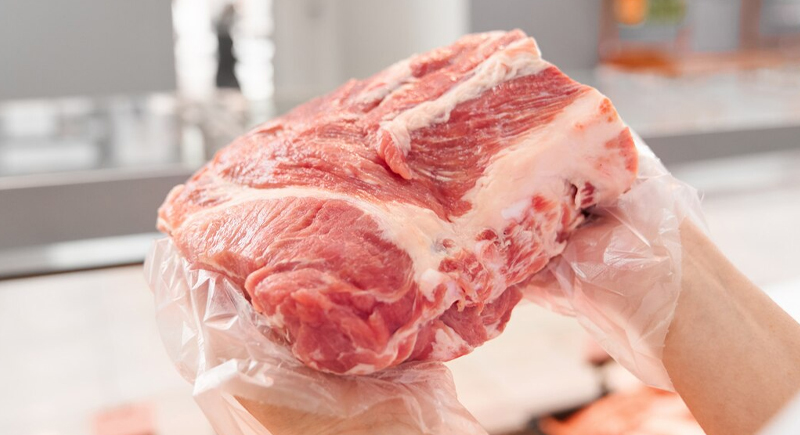
Credit: freepik
From beef to poultry, the EU isn't too keen on the hormones and antibiotics used to boost livestock growth. Antibiotic resistance is a growing concern worldwide, prompting the EU to restrict the use of antibiotics in agriculture. We understand how they would rather opt for slower-grown meats.





